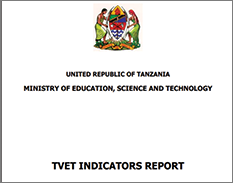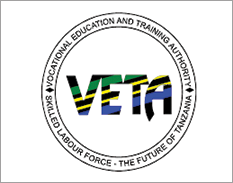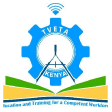Tanzania
TVET is an integral part of the whole education system in the United Republic of Tanzania and aims to guide and promote the development of citizenship and an appreciation of the cultures, customs, and traditions of Tanzania. In particular, TVET programmes aim to enable and expand the acquisition of life skills needed to meet the changing needs of industry and the economy. The major aspiration of the Tanzania Development Vision 2025 is to transform the economy towards a middle-income country led by modernised and highly productive economic activities by the year 2025. The vision recognizes the need to have a high quality education system, which produces a quantity of educated people with requisite knowledge and skills to meet the development challenges in a competitive manner. Similarly, the National Five-Year Development Plan II (NFYDP II) 2016/17-2020/21 focuses on ‘nurturing industrialization for economic transformation and human capital development’. It also entails moving Tanzania into a semi-industrialized country by the year 2025. The objectives, among others, stipulated in the NFYDP II are to:
● Accelerate a broad-based and inclusive economic growth that reduces poverty substantially and allows shared benefits among the majority of the people through increased productive capacities and job creation especially for the youth and the disadvantaged groups;
● Improve quality of life and human wellbeing;
● Foster development of sustainable productive and export capacities; and
● Promote availability of requisite industrial skills (production and trade management, operations, and quality assurance, etc.) and skills for other production and service delivery.
TVET is among the key result areas coordinated by the Ministry of Education, Science and Technology (MoEST). In ensuring planned activities are implemented towards achieving the goal, the Ministry plays the following roles: Formulation of Policies on Education, Research, Library Services, Science, Technology, Innovation, Skills, Training Development and their Implementation strategies; talents Identification and Development; skills Mapping and Development; promotion of Application of Science, Engineering, Technology and Mathematics; teachers’ Professional Standards Development; Development of Local Expertise in Science, Technology and Innovation; performance Improvement and Development of Human Resources under the Ministry; and Collaboration with Extra-Ministerial Departments, Parastatal Organisations, Agencies, Programmes and Projects. Other roles includes collection of employment data in close collaboration with the central bureau of statistics on informal sector activities in the country on regular basis; establishing centres for career counselling and guidance on self-employment opportunities for the informal sector; expanding and consolidating TVET to match the demand of personnel for training institutions in both public and private sectors; collaboration with international stakeholders to ensure constant supply of financial resources to support varous TVET projects; and Institutional linkages and collaboration between our local technical education institutions and foreign institutions or organisations.
Vocational Education Training Authority (VETA) include provision of vocational education and training; coordinating vocational education and training; regulating vocational education and training; financing and managing VET funds; and promotion of Vocational Education and Training.
The National Council for Technical Education (NACTE) is a corporate body established by the National Council for Technical Education Act, 1997 (Act No. 9 of 1997). The Act provides a legal framework for the Council to coordinate provision of technical education and training and establish an efficient national qualifications system that will ensure that products from technical institutions are of high quality and respond to changing needs as well as technological innovations in the world. The role of NACTE in accordance with the Parliament Act, Cap.129 is to oversee and coordinate the provision of technical and vocational education and training in the country. In addition, other roles include: regulation, quality assurance; and policy advisory role.



























